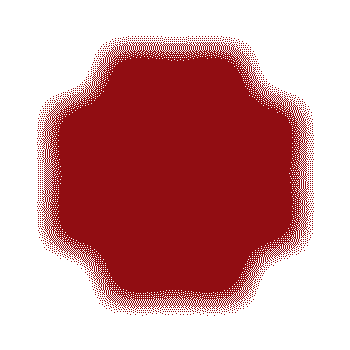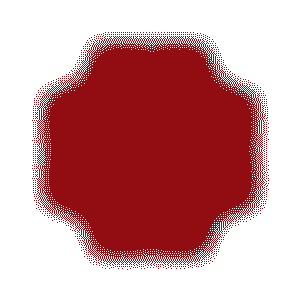
Several readers have responded with comments and concerns regarding my column, "Do Physicians Use Practice Guidelines?" Since the issues these readers raised are important and concern many psychiatrists, they merit some discussion.

Several readers have responded with comments and concerns regarding my column, "Do Physicians Use Practice Guidelines?" Since the issues these readers raised are important and concern many psychiatrists, they merit some discussion.

Initial studies-such as the stepped collaborative care intervention, Texas Medication Algorithm Project (TMAP), and German Algorithm Project (GAP) phase 2-predominantly investigated whether following an expert opinion–based clinical algorithm (irrespective of the content of the algorithm) led to a better outcome than treatment as usual did

There are still many questions about how to develop useful guidelines, introduce them into clinical practice, and measure their effectiveness. What does it mean to use a guideline in practice?

Clinical practice guidelines, produced by various professional organizations and academic institutions, are usually considered the best practices for clinical care. But how do physicians use guidelines, and what factors influence their use?

In the late 18th century, a French surgeon named Pouteau performed 120 successive lithotomies with an extraordinarily low mortality rate. His secret was the use of innovations used widely today. Why weren't his methods more widely adopted by other physicians in his time?

The Centers for Medicare & Medicaid Services has been quietly working on new ways to gather health care data. What are some of these pilot programs and how might they affect payment and health care services?

A traditional medical chart is a varied collection of printed and handwritten notes, forms, letters and laboratory reports. As the chart grows, it becomes more and more difficult to keep track of the information it contains.

In 1997, the National Library of Medicine (NLM) helped initiate a new era in American medicine when it made MEDLINE, its comprehensive online bibliography of published medical information, accessible to the public through the World Wide Web. That event may prove to be a symbolic watershed of 20th century American medicine. It will impact every aspect of medicine, from the manner in which physicians are educated to the way they run their daily practices.

A colleague recently told me that he is actively treating more than 250 patients at three separate locations. "Do you think I need a computer?" he asked. That is a question many psychiatrists are asking as they see more patients and do an increasing amount of paperwork to maintain the same income they earned with far fewer patients just five years ago.

Published: August 1st 1998 | Updated:

Published: August 1st 1997 | Updated:

Published: August 1st 2006 | Updated:

Published: October 1st 2005 | Updated:

Published: January 1st 1998 | Updated:

Published: April 1st 2006 | Updated: